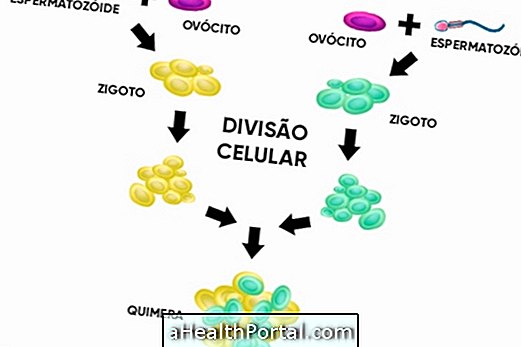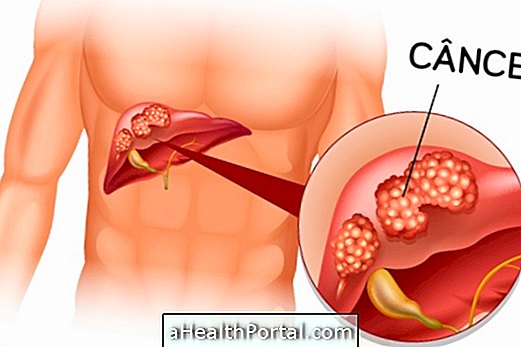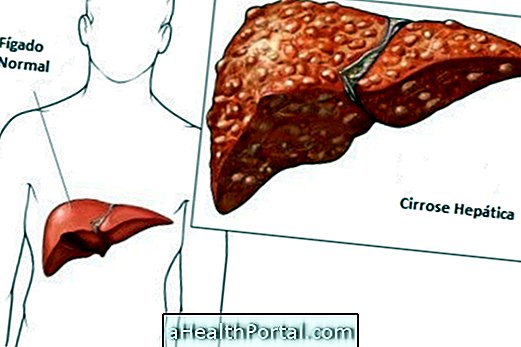Paroxysmal nocturnal hemoglobinuria, also known as PNH, is a rare, genetic disease characterized by a change in the red blood cell membrane, leading to its destruction and elimination of red blood cell components in the urine, thus being considered a chronic hemolytic anemia.
The nocturnal term refers to the period of the day when the highest rate of destruction of red blood cells was observed in people with the disease, but investigations have shown that hemolysis, that is, the destruction of red blood cells, occurs at any time of the day in people with hemoglobinuria.
PNH does not have a cure, however, treatment can be done by means of bone marrow transplantation and use of Eculizumab, which is the specific medicine for the treatment of this disease. Learn more about Eczulimab.

Main symptoms
The main symptoms of nocturnal paroxysmal hemoglobinuria are:
- First very dark urine, due to the high concentration of red blood cells in the urine;
- Weakness;
- Somnolence;
- Weak hair and nails;
- Slowness;
- Muscle pain;
- Frequent infections;
- Nipple;
- Abdominal pain;
- Jaundice;
- Male erectile dysfunction;
- Decreased renal function.
People with nocturnal paroxysmal hemoglobinuria have increased chances of thrombosis due to changes in the blood coagulation process.
How is the diagnosis made?
The diagnosis of nocturnal paroxysmal hemoglobinuria is made through several tests, such as:
- Hemogram, that in the person with PNH, pancytopenia is indicated, which corresponds to the decrease of all blood components - how to interpret the blood count;
- Dosage of free bilirubin, which is increased;
- Identification and measurement, by means of flow cytometry, of CD55 and CD59 antigens, which are proteins present in the red blood cell membrane and, in the case of hemoglobinuria, are reduced or absent.
In addition to these exams, the hematologist may request additional tests, such as the sucrose test and the HAM test, which aid in the diagnosis of paroxysmal nocturnal hemoglobinuria. Usually the diagnosis happens between 40 and 50 years and the person's survival is around 10 to 15 years.
How to treat
The treatment of nocturnal paroxysmal hemoglobinuria can be done with allogeneic hematopoietic stem cell transplantation and with the drug Eculizumab (Soliris) 300mg every 15 days. This medication may be provided by the SUS through legal action.
It is also recommended supplementation with iron, with folic acid, in addition to adequate nutritional and hematological monitoring.
























